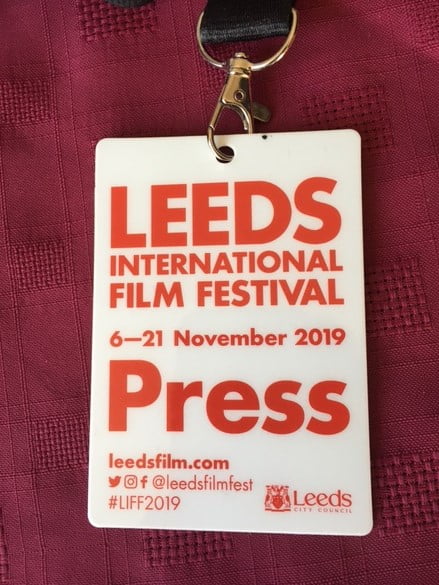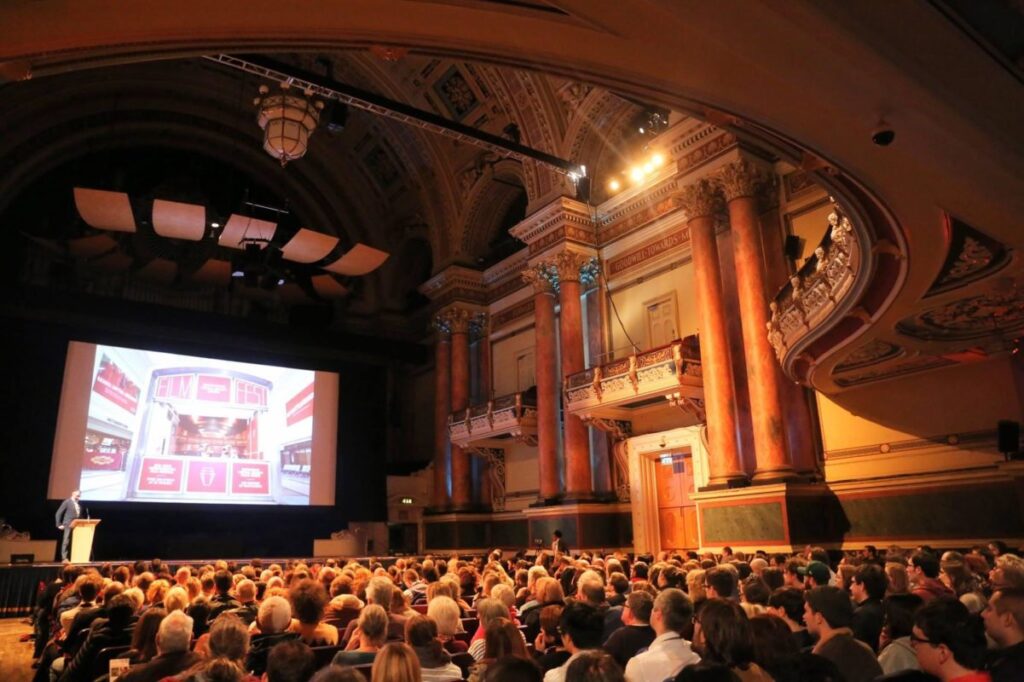
Image by Igor Ovsyannykov from Pixabay
I have always loved attending film festivals. A festival is very different from the normal cinema experience. It is more than a series of film screenings; it is a celebration of film and the value it can bring to people. It also has an intensity and immediacy about it, as you spend time chasing around town from venue to venue, trying to cram in as many screenings as possible, and squeeze as much value from your festival pass as you can. It becomes completely immersive, as you bed down for the festival run, attending a multitude of weird and wonderful screenings over the course of a few days. Often, it can become a personal journey of film discovery and education, as you view cinema from around the world.
Most cities hold film festivals to varying degrees. Some are small scale and specialise in animation or documentary, others are big, bold, and ambitiously programmed. The all-encompassing international festivals take on a life of their own. Where else can you go from enjoying a diverse set of Eastern European shorts to an experimental zombie horror film, or glimpse a premiere of the next art house hit and a Q and A with the director? And then there are the epic all-night screenings.
You do not have to throw yourself fully into a film festival to really feel the benefit of course. Peruse the programme and pick out a few interesting sounding screenings, something you would not normally see. There is a world of cinema out there away from the mainstream. Film festivals champion and celebrate the different, the up and coming and the long forgotten in equal measure.
Some people throw themselves wholeheartedly into a festival, buying a full-on film pass and taking on the challenge of seeing everything on various big screens. You spot them looking dazed and confused towards the end, as they stumble out of the final extra screening of the unexpected festival hit. They look defeated, but will no doubt be doing it all again next year.

LIFF Press Pass (Image: Anna Cale)
I am lucky to live in Leeds, which prides itself as a self-proclaimed ‘Film City’ and hosts several festivals, including its renowned annual international film celebration each November. For the last couple of years, I have been lucky enough to attend the festival with a press pass and cover the event for various publications. The teenage me would be in awe of that opportunity, and I still pinch myself each year when I don my lanyard and flash my pass to attend screenings.
This year, however, has been rather different. All around the world, the annual film calendar has been thrown into disarray by COVID-19. For Leeds, being able to run a film festival at all this year perhaps looked doubtful, particularly given the November timing. And a few days before it was due to commence, the second lockdown was announced, meaning screening venues had to close their doors again.
But in addition to a smaller set of in-person screenings, the Leeds festival planned to show the programme on their dedicated film player. So, when the rug was pulled from under them, the entire festival moved online.
Essentially, it became a film festival in your living room. Most of the programmed films were shown within each festival selection. Customers could choose to pay film by film or via an online festival pass. In theory you could watch a film at any time you fancied. Access to screenings was not an issue. This opened up more opportunities to see films than perhaps during a normal festival, as you avoided schedule clashes. It reduced the need to organise childcare, and navigate other accessibility issues. You could also watch films in your dressing gown and slippers. Or maybe that was just me.

Leeds International Film Festival (Image: leedsfilm.com)
It was a great way to keep the eclectic spirit of the festival, to make the varied programme available online, presented by theme. However, it is impossible to recreate the other aspects of a film festival experience. It is not just the films that make a festival, it is the camaraderie involved. It is a whole experience, a chance to escape into the comfort blanket of the cinema for hours on end. Film festivals are often staffed by volunteers too, who want to gain experience of the industry.
Many other festivals have had to adjust this year, not just film related events but those covering other aspects of the arts too. It has been interesting to see which organisations have been able to adapt and navigate the artistic and logistical challenges presented by this pandemic. As we move towards the new year, those events which take place in the spring will be shifting focus to online and how best to reach audiences without losing the magic created by the festival community. It is a big ask, but creatives are determined to rise to the challenge.
For this year, I attended my local film festival from the comfort of my home. The programme might have been a little bit thinner than in a normal year, but I was still able to lose myself in multiple alternative universes, enjoying films from around the world, and watch a strand of eclectic short films – my favourite part of any festival. To be honest, I felt lucky to still have the chance to experience it at all. The screen might have been a bit smaller, but the spirit was as ambitious as ever.
Filed under: Film, TV & Tech
Tagged with: actor, art, art house, cinema, covid, director, documentary, festival, film, film festival, leeds, living room, lockdown, Movie, programme, sofa, watching



Comments